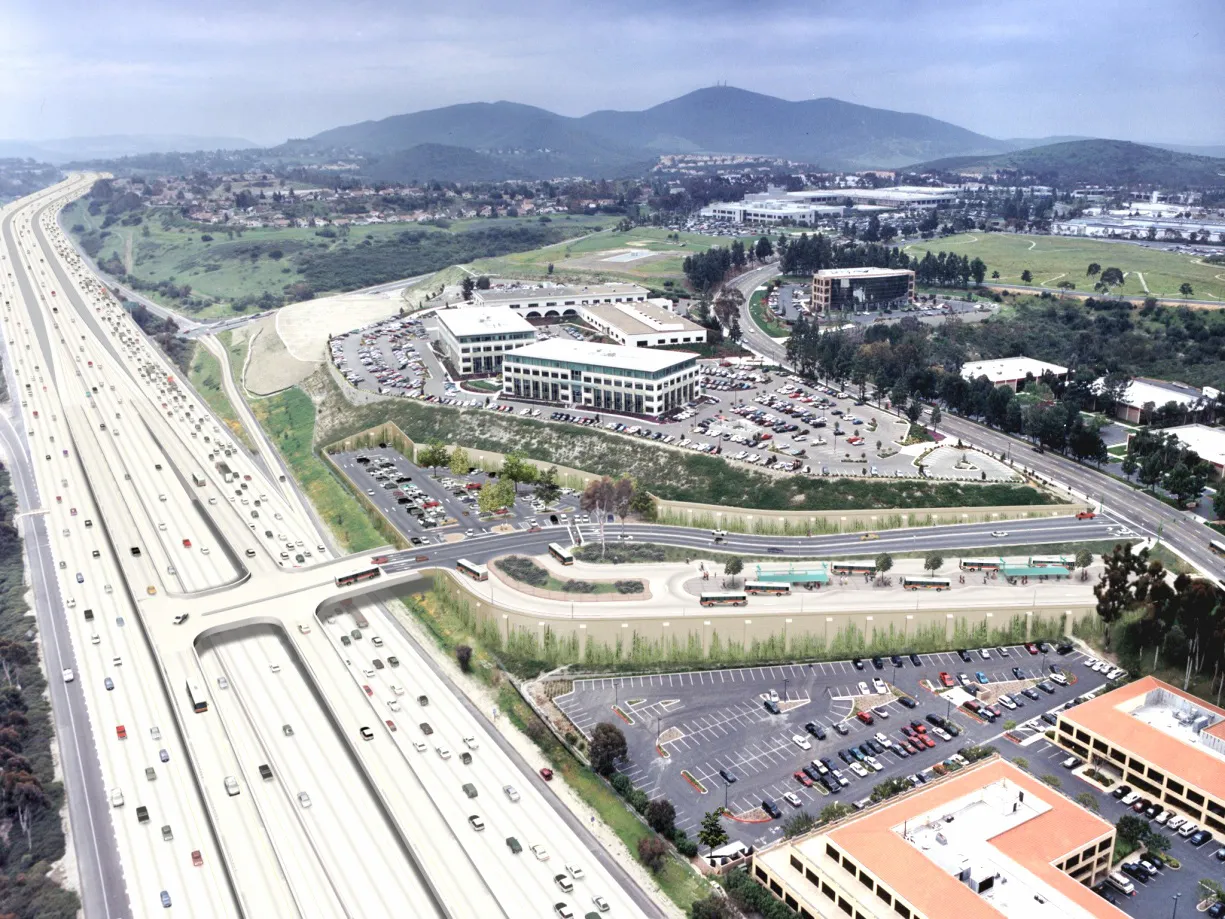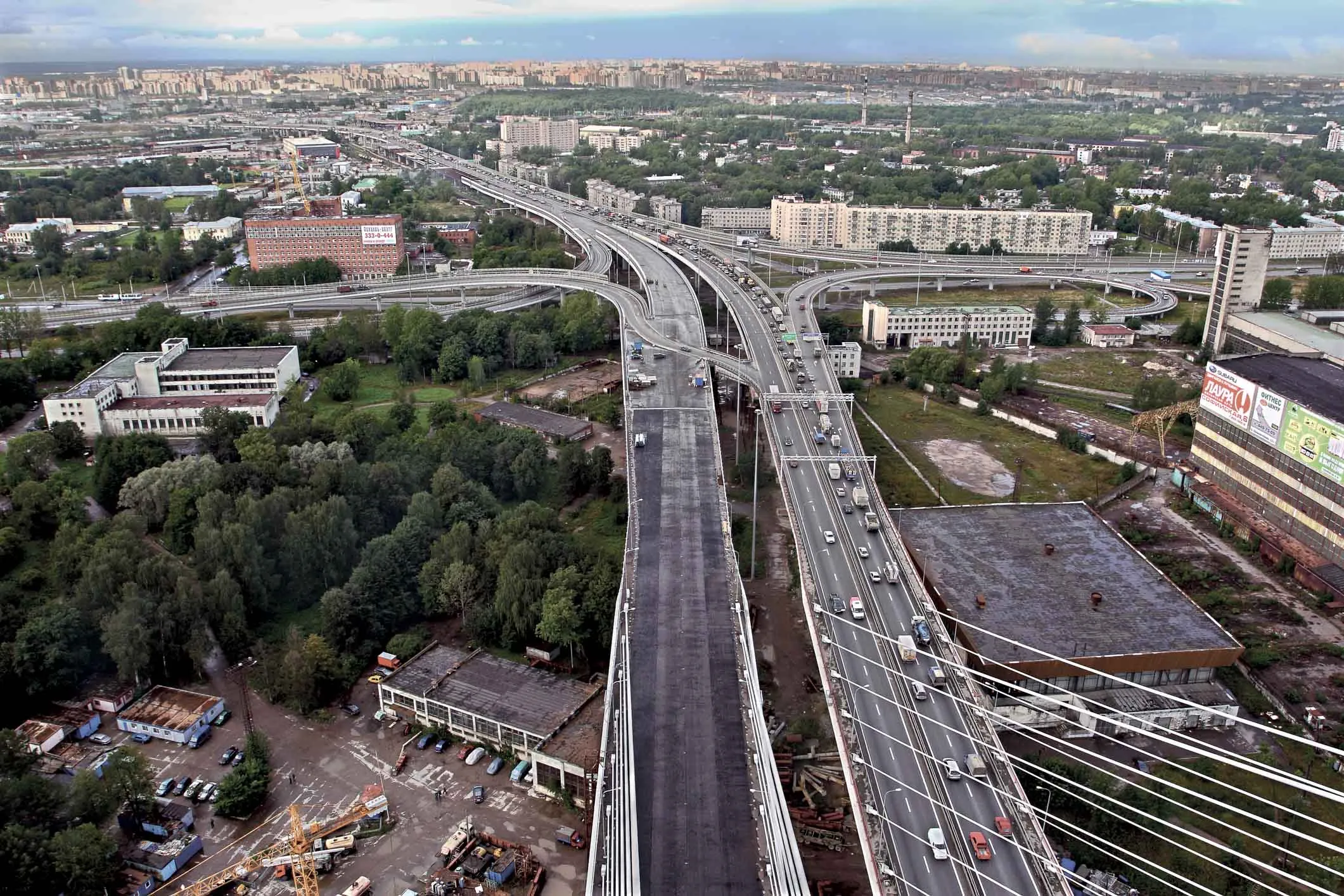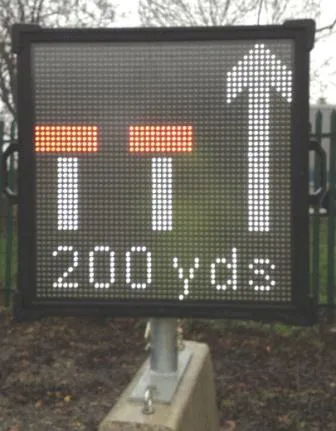Peek, the Imtech Traffic & Infra mobility specialist, has won a contract to provide a new generation of technology for 365 road junctions in Copenhagen as part of a programme aimed at making the Danish capital the first in the world to be completely CO2 neutral by 2025.
March 16, 2012
Read time: 2 mins
Peek Traffic, the 0 Imtech Traffic & Infra mobility specialist, has won a contract to provide a new generation of technology for 365 road junctions in Copenhagen as part of a programme aimed at making the Danish capital the first in the world to be completely CO2 neutral by 2025. The order comprises the upgrade, improvement and maintenance of all 365 road junctions in the city, including a traffic management system based on ITS
Copenhagen is seeking to reduce its CO2 emissions by 20 per cent within three years, and to be completely CO2 neutral by 2025. More than 50 sustainability initiatives have been launched against this background, for public transport, the transport industry, and logistics operations and infrastructure. In 2011, 36 per cent of the inhabitants of the Danish capital regularly travelled by bicycle; the target is for this figure to have risen to 50 per cent by 2025. The Imtech technology is designed to give priority to cyclists and public transport, with the help of up-to-date travel information for example, and the creation of ‘green waves’.
At present, traffic is responsible for 21 per cent of the city’s overall CO2 emissions, but the aim is to reduce to 10 per cent by 2015, thanks in part to Imtech solutions. To that end, new high-tech traffic controllers will be linked to a real-time remote monitoring system that will enable the flow of buses, bicycles, cars and freight vehicles to proceed in a sustainable and safe manner. The aim is to achieve optimal traffic flow with as few CO2 emissions as possible. This technology is partly the result of previous successful European pilot and research projects, including CVIS, Safespot and Freilot, to which Imtech contributed significantly.








